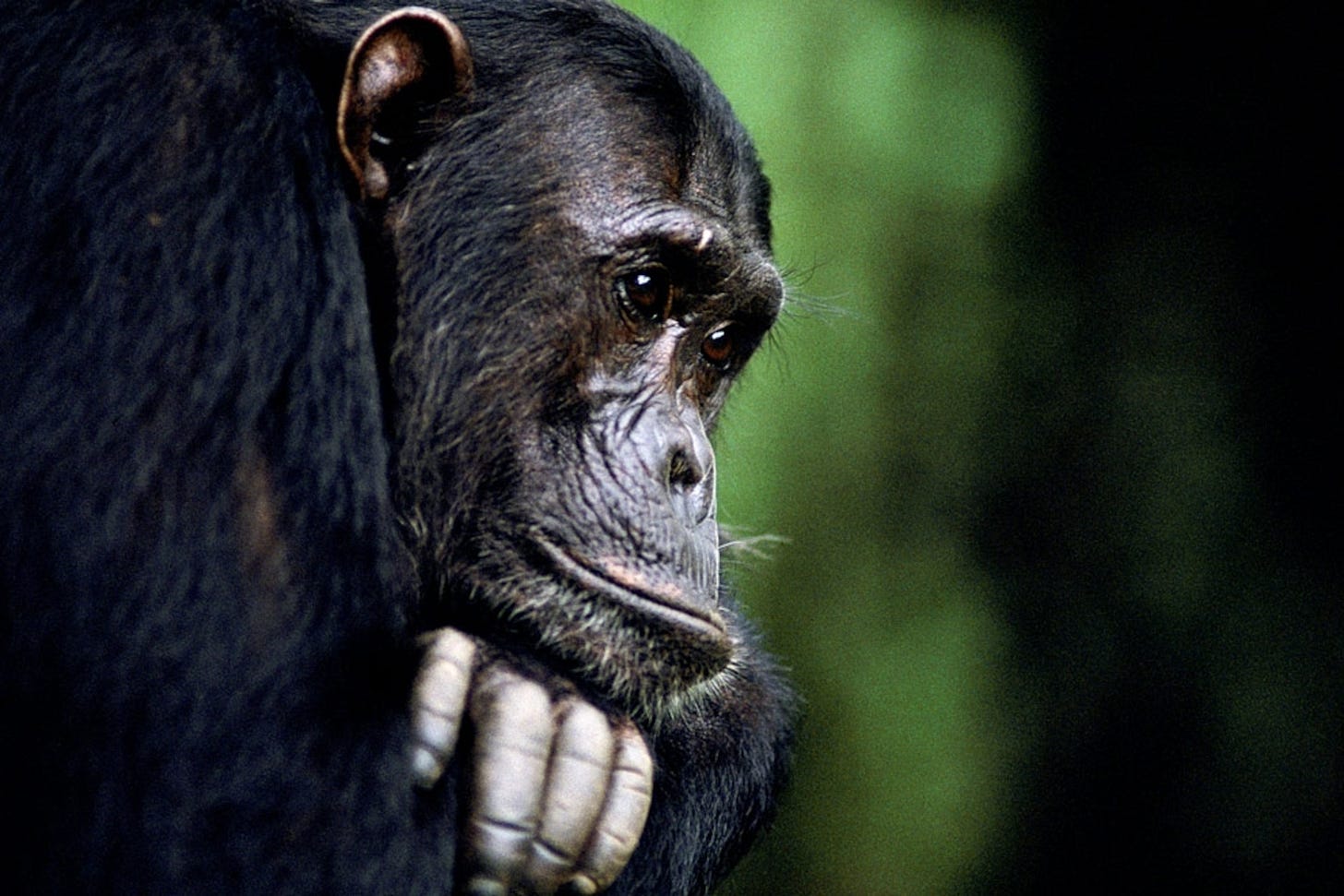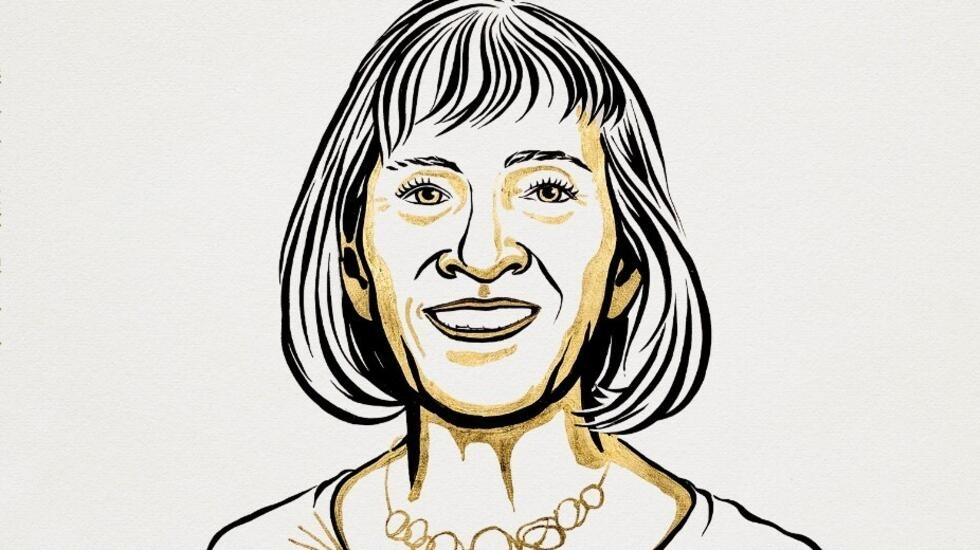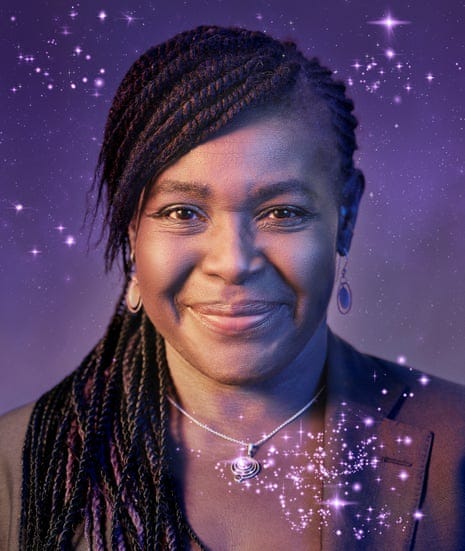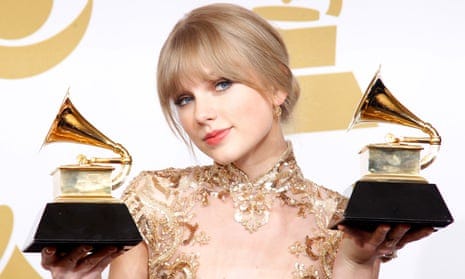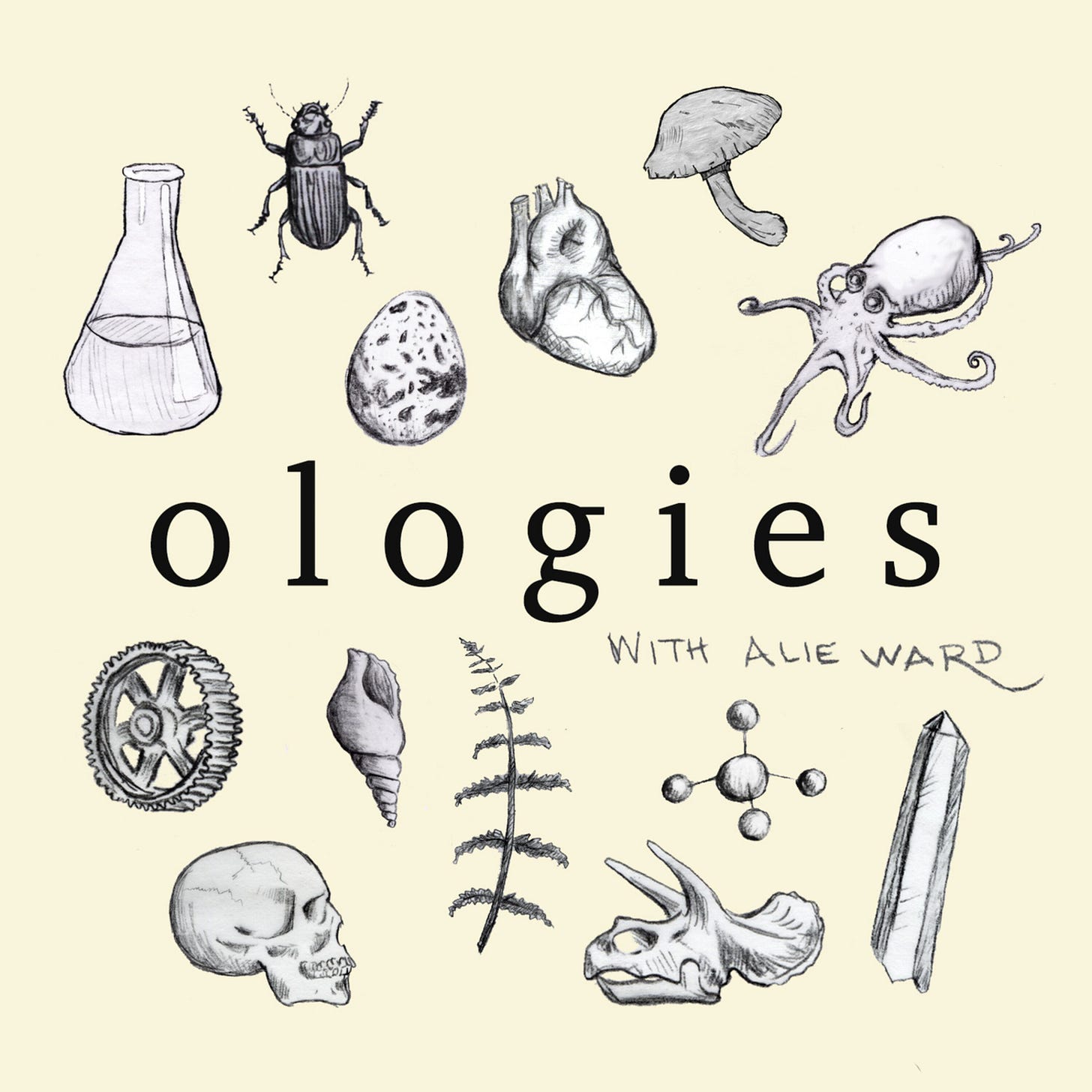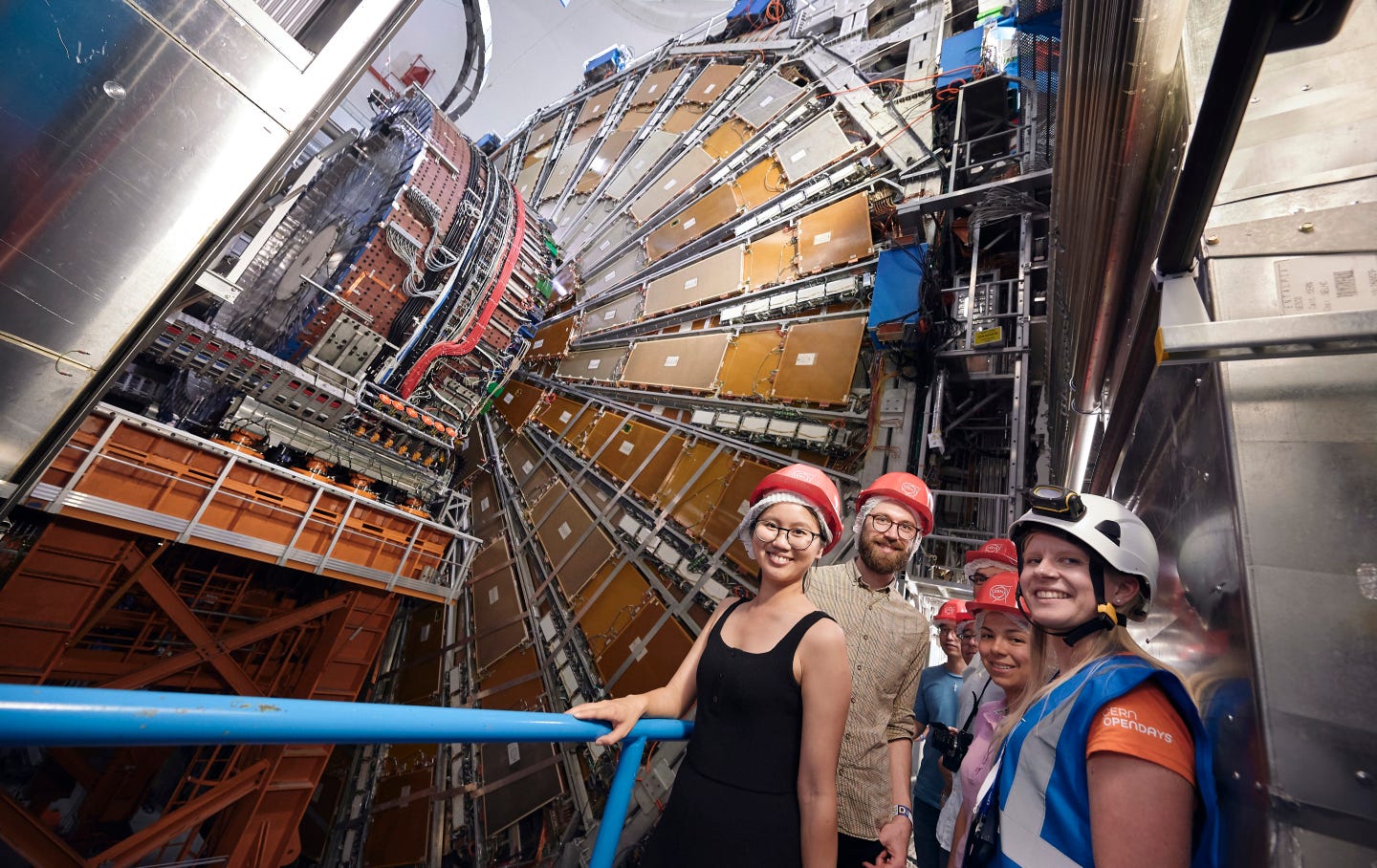Welcome to the first Women of Science newsletter(!), featuring all the best happenings re: women of science every week. Some brief notes while you’re here:
🔬 What to expect?
All subscribers receive the free edition covering weekly highlights in media, awards and discovery as well as things to read, see and watch re: women in science. Drops every Tuesday. Tell your friends:
🚀 Upgrade
You can also support WoS and receive additional weekly and monthly content covering interviews, careers and stories celebrating incredible women of science by signing up to be a paid subscriber (+ if you’d like to upgrade but a paid subscription isn’t within your budget, please e-mail me).
🧬 Join the conversation
I’m all ears here, so feel free to comment your feedback on what you like or would prefer to see in future editions. You can also respond to this newsletter by leaving a comment below, or follow on IG at @thewomenofscience
Thank you for joining. Enjoy the read.
A quick run-down of this issue:
Abstract & Intro: News and updates on all things women of science
Materials, Methods, Discussion: A brief review on women Nobel laureates
Conclusions & Further Reading: Reccos and links this week Abstract & Intro
Headlines, news & media snippets re: women of science this week
Medicine: For those going through the menopause, you are not alone
In solidarity with Homo sapiens and, er, whales, new research has shown that other mammals ranging from chimps and mice also experience menopausal changes (that is, if they survive for long enough).
Medicine: Scientists deliberately gave women Zika — here’s why
Clickbait alarming title that actually lives up to the hype: ‘Human challenge’ results involving deliberately infecting women with Zika suggest that these trials could be used to test vaccines when Zika incidence is low.
AI: These fake images reveal how AI amplifies our worst stereotypes
A Washington Post exclusive reveals what has long been suspected by the scientific community; AI image generators are amplifying bias in gender and race, despite efforts to “detoxify” the data producing these results.
A fierce debate over how much to focus on the supposed existential risks of artificial intelligence defined the kickoff of the UK’s AI Safety Summit this week, highlighting broader tensions in the tech community as lawmakers propose regulations and safeguards, whilst others have argued that gender is the “missing frontier” at the summit.
Biology: New understanding for aggressive breast cancer in Black women
Researchers at the Indiana University Simon Comprehensive Cancer Center have identified a certain cell type indicated in breast cancer that is found more commonly in women of African race compared to Caucasians. Their findings could lead to new targeted treatments to lessen the disparities in breast cancer among Black women.
& in other brief news:
In depressing news that is shocking to absolutely nobody, female CEOs have shorter tenures on average compared to their male counterparts
And relatedly, Twitter/X’s CEO Linda Yaccarino is notably AWOL
Equally, women are also underrepresented in STEM degrees, and are less likely to get first-class degrees than their male counterparts
Female scientists concerned about Ukraine ‘brain drain’ after millions are displaced by war
And in highly precocious news, a six-year old in China has become the youngest-ever female to solve a Rubix cube in under 6 seconds
Materials, Methods, Discussion
A brief essay on women winners of Nobel Prizes
It’s been just under a month since the Nobel Prize award winners of 2023 were announced, and with the usual fanfare of headlines on gender taking up most of the headline space: A particularly meta take this year, however, where the prize for Economics was awarded to Dr Claudia Golden for her groundbreaking work highlighting the complexities of gender gaps in the labour force.
Goldin’s research has not only underscored the significance of recognising women's contributions in economics, but (also, lol) the Nobel committee’s own gender gap – Goldin is just the third woman in history to have taken the prize from a total of of 93 economics laureates, and was reportedly “surprised” herself by the win. Cue, opinions.
Catchy as it sounds, the “ambition penalty” has perpetuated the narrative that the gender pay gap is owed to women's perceived lack of professional ambition, whilst news of Goldin’s award has reissued cries from bodies such as McKinsey and LeanIn reporting on the lack of acknowledgment for ingrained and systemic factors contributing to barriers for women in the workplace in the first place. By coincidence or solidarity, women in Iceland also went on strike last week in protest of the country’s gender pay gap, with their own Prime Minister Katrín Jakobsdóttir joining in. Happily, things appear to be looking up for Europe at least: On 24 October 2023, EIGE published the 2023 edition of the Gender Equality Index for the European Union (EU), showing a growth of 1.6 points since 2022. The increase in the overall EU score is the highest year-on-year rise since the first edition of the Index in 2013.
Anyhooo, it seems the Nobel committee have taken note of the furore, given that a flurry of links have now taken centre stage on their laureates webpage showcasing women winners and linking to a virtual game in which the user can “match” the relevant (woman) winner to their prize.
Undoubtedly, the gender pay gap is one of many disparities that continues to hinder women's economic autonomy and independence, whilst also ironically filling up column inches across the globe. But it appears that Goldwin’s win - overshadowed as it may have been by the irony of her winning thesis - has prompted once again a much-needed spotlight on the crucial role acted by women in thriving economies. Indeed, narrowing the difference in wages between men and women in the labour force has been estimated to boost the global economy by approximately USD $7 trillion, according to a Moody’s Analytics report. And though Goldin’s research per se doesn’t offer baked-in solutions, the Nobel platform brings the issue to the unignorable forefront of policymakers and leaders worldwide.
TLDR: Here’s to many more women laureates 🎉
Conclusions & Further Reading
More links & signposts for you to enjoy this week…
Publication of the week:
Vagal sensory neurons mediate the Bezold–Jarisch reflex and induce syncope
A quick trip through history will easily tell you that women have long been perceived as “faint of heart”, but now we have science to explain how and why fainting actually happens: Thanks to Lovelace et al’s study published in Nature this week, it appears that certain sensory neurons (catchily named NPY2R VSNs) located in the heart's musculature and the brainstem play a key role. Using a combination of ultrasound imaging and light-based neuron manipulation in mice models, researchers were able to control these neurons and observe syncopal effects in real time.
Why is this useful? Well, for one, the results re-emphasise the importance of timely provision of oxygen and glucose to the brain, which this neuronal response actively interferes with and leads to temporary deprivation of. However, the research also suggests that the brain can easily resume normal function rapidly once oxygen is reintroduced (i.e. on arousal).
Interview of the week:
‘Call me chief priestess for the moon goddess’: space scientist Dr Maggie Aderin-Pocock
The BBC Sky at Night presenter speaks to the UK Guardian on her lifelong fascination with astronomy – and why she wants us all to look up at the night sky.
Books & review articles:
📖 Eve review: Why women's bodies belong at the heart of human evolution: A review of a book and both are recommended here: Cat Bohannon at New Scientist evaluates this new take on the role of women in driving 200 million years of human evolution.
👣 The Theory That Men Evolved to Hunt and Women Evolved to Gather Is Wrong: Turns out that idea of past men as hunters and women as gatherers isn’t supported by the available evidence, as explained by Cara Ocobock and Sarah Lacy in this month’s Scientific American.
🧑🤝🧑 Excluding women in science can be fatal: Cambridge University student Joyce Lau succinctly explores the impact of lacking diversity in clinical research; a catastrophic shortcoming in study design resulting in literal life-or-death consequences.
🩺 We can’t defeat cancer without acknowledging the differences between men and women: In keeping with sex in science bias, Isy Godfrey looks at why sex disparities persist in cancer and speaks with Dr Anna Wilkins at the Institute of Cancer Research about her work highlighting the sex gap in bladder cancer survival.
🧪 Lessons in Chemistry Feels Like a Remedial Course in Feminist History: A damning review of Apple’s take on the bestselling novel. Thoughts? Comment below.
13 Ways You Can Self-Advocate Like Taylor Swift: Is it a cliche to recommend a Taylor op-ed? Possibly yes. Is it still a worthwhile read on powerful women advocacy? Definitely yes.
Podcast of the week:
Ologies with Alie Ward: Volcanoes. Trees. Drunk butterflies. Mars missions. Slug sex. Death. Beauty standards. Anxiety busters. Beer science. Bee drama. Take away a pocket full of science knowledge and charming, bizarre stories about what fuels these professional -ologists' obsessions. Humorist and science correspondent Alie Ward asks smart people stupid questions and the answers might change your life.
Opportunity of the week:
CERN ambassadors programme: Become an ambassador for Women and Girls in STEM in February 2024; deadline to sign up is 10 December 2023.
Out and about this week:
It was pre-covid times when I last trotted down to London’s Science Museum (call it research for this newsletter; call it an excuse for whiling away a rainy afternoon) and had forgotten entirely about their excellent permanent exhibition on Women in Science. Their team have also curated some brilliantly insightful digital resources for international patrons to pursue at their leisure (& skipping the financial assault of the gift shop - I caved and got myself one of these because… branding), covering women across the history of computing, physics and engineering.
That’s all for this week!
Thank you for reading: The WoS mission is to support, share and promote the innovative and groundbreaking work that has been and continues to be done by women across all scientific disciplines, and to empower and inspire the next generation of female leaders in the field.
If you liked it, here’s another reminder to share us with your friends, network, neighbours, coffee baristas etc.:
Over the coming months, the WoS community will also be adding to its repertoire of channels for sharing content, so watch this space!






